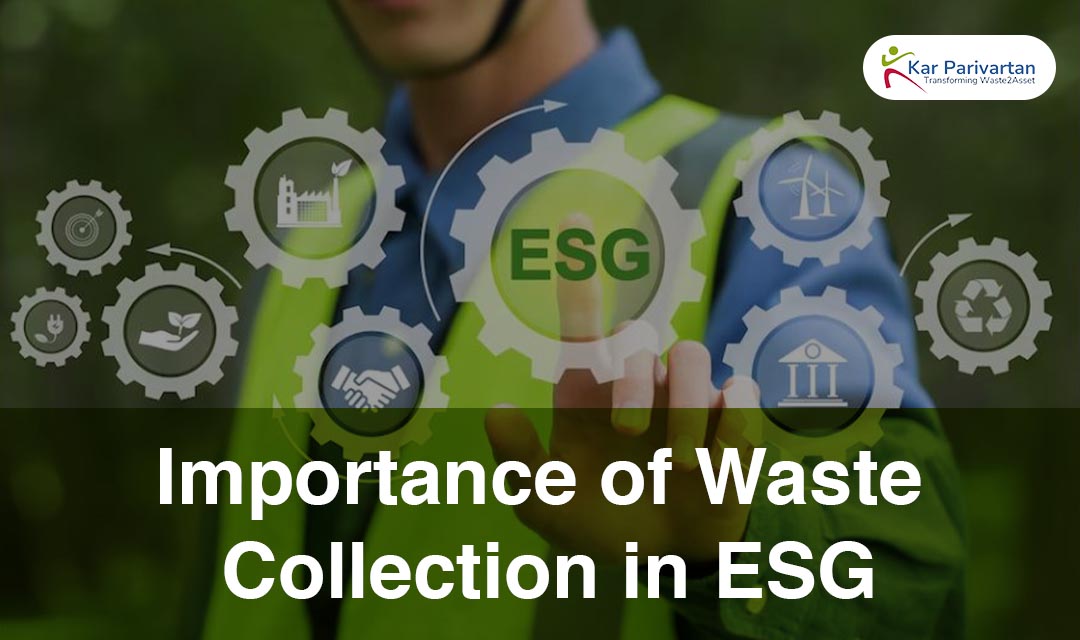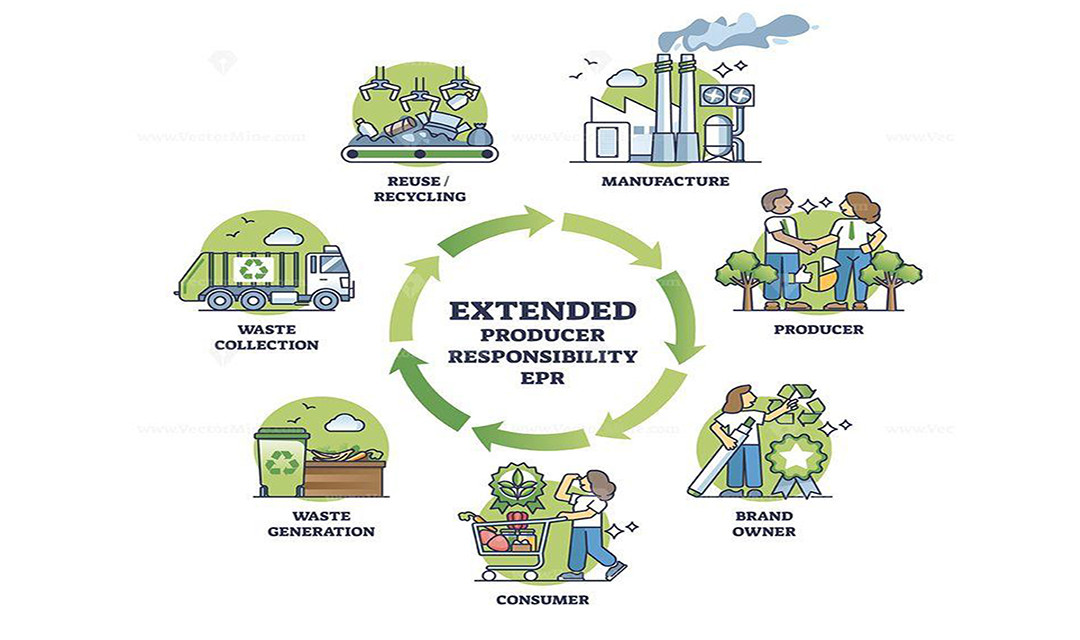Waste collection plays a crucial role in Environmental, Social, and Governance (ESG) considerations. Here’s the importance of waste collection in ESG:
Environmental:
- Waste Reduction and Recycling: Effective waste collection is essential for reducing the amount of waste sent to landfills or incineration. By collecting waste and diverting it towards recycling and recovery, it helps conserve natural resources, reduce pollution, and minimise the environmental impact of waste disposal.
- Resource Conservation: Waste collection promotes resource conservation by recovering valuable materials from the waste stream. Recycling and reusing materials reduce the need for extracting virgin resources, such as timber, minerals, and fossil fuels. This contributes to the conservation of natural resources and supports the principles of a circular economy.
- Emission Reduction: Proper waste collection prevents the release of harmful greenhouse gases and pollutants. When waste is disposed of in a controlled manner, such as through recycling or proper landfill management, it reduces the emission of methane, a potent greenhouse gas generated by decomposing organic waste. This helps mitigate climate change and improves air quality.
Social:
- Public Health and Safety: Efficient waste collection ensures the cleanliness and hygiene of communities. Timely and proper waste collection reduces the risk of disease transmission, pest infestations, and environmental contamination. It contributes to maintaining a safe and healthy living environment for residents, improving their quality of life.
- Community Engagement: Waste collection can foster community engagement and participation. It provides opportunities for individuals and communities to actively contribute to waste reduction and environmental sustainability. Through education and awareness programs, waste collection initiatives can empower and involve community members in responsible waste management practices.
- Job Creation and Economic Opportunities: Waste collection systems create employment opportunities, particularly in the informal sector. Waste collectors, recyclers, and workers in the waste management industry contribute to local economies, generating income and livelihoods. Supporting and improving waste collection systems can enhance job creation and economic opportunities in the community.
Governance:
- Compliance with Regulations: Proper waste collection ensures compliance with waste management regulations and legal requirements. Adhering to waste collection guidelines and regulations demonstrates a commitment to good governance and responsible business practices.
- Risk Management: Effective waste collection minimizes potential risks associated with improper waste disposal. By adhering to proper waste management protocols, companies can mitigate legal, reputational, and operational risks. This contributes to a robust risk management framework and ensures compliance with ESG principles.
- Reporting and Transparency: Waste collection practices and performance metrics are essential for ESG reporting and transparency. Companies that demonstrate strong waste collection practices can provide accurate data on waste generation, recycling rates, and environmental impact, showcasing their commitment to sustainable waste management to stakeholders.
In summary, waste collection is critical for addressing environmental challenges, promoting social well-being, and maintaining good governance. It contributes to resource conservation, emission reduction, public health, community engagement, job creation, compliance, risk management, and transparency. By prioritizing effective waste collection, organizations can align with ESG principles and contribute to a more sustainable and resilient future.





